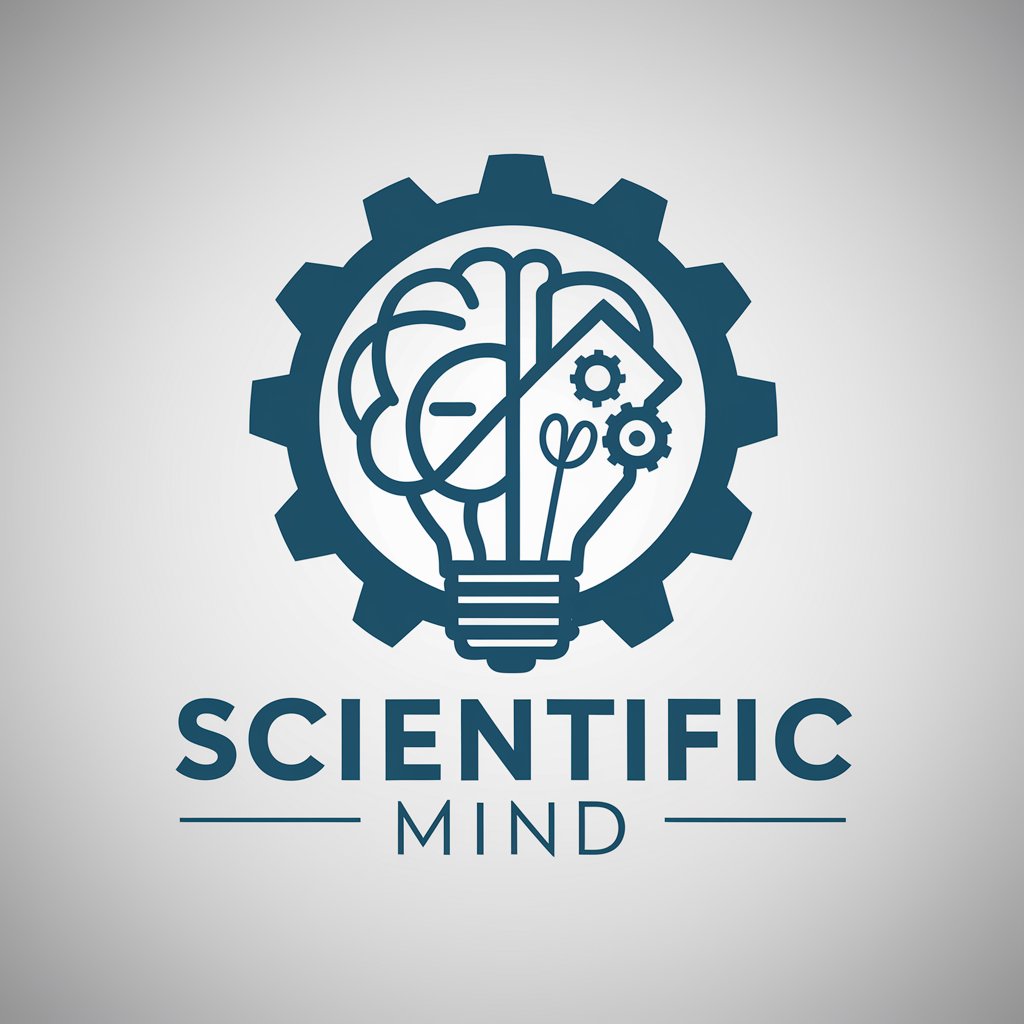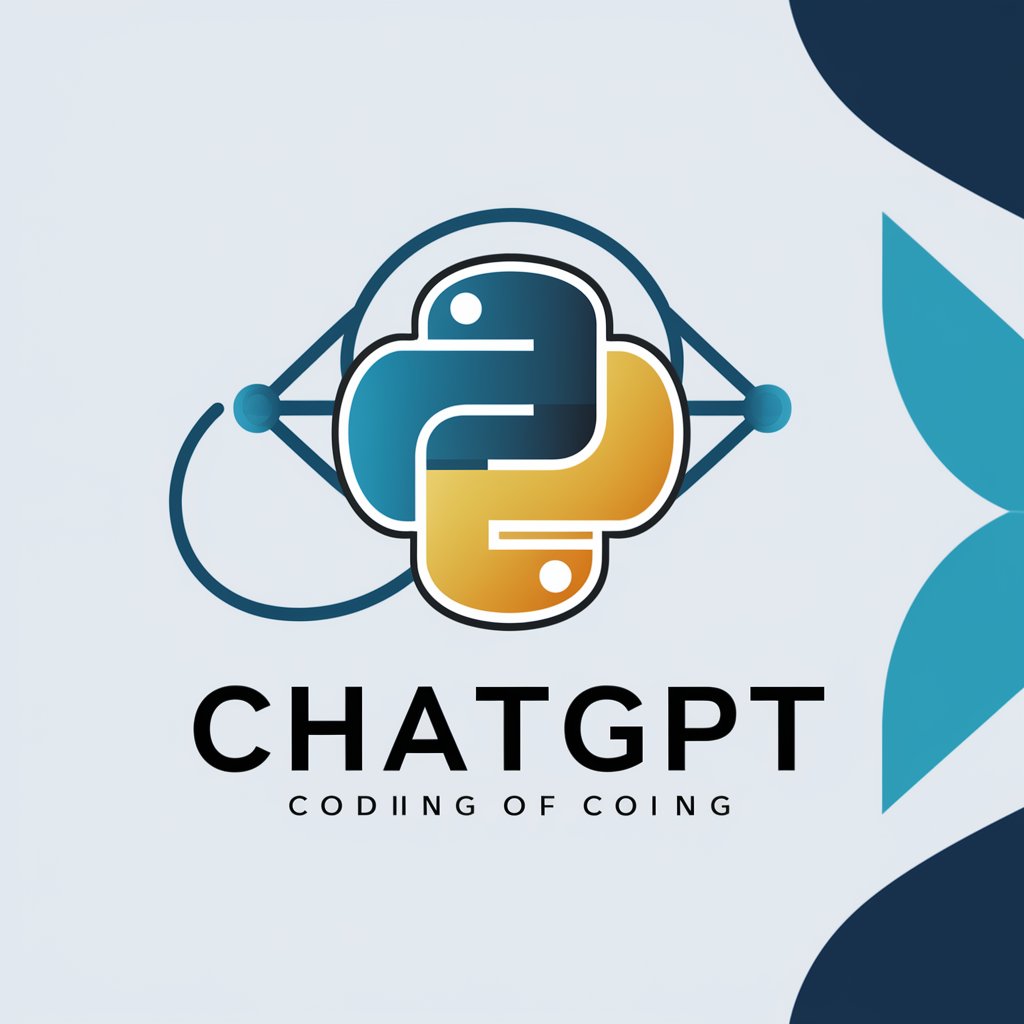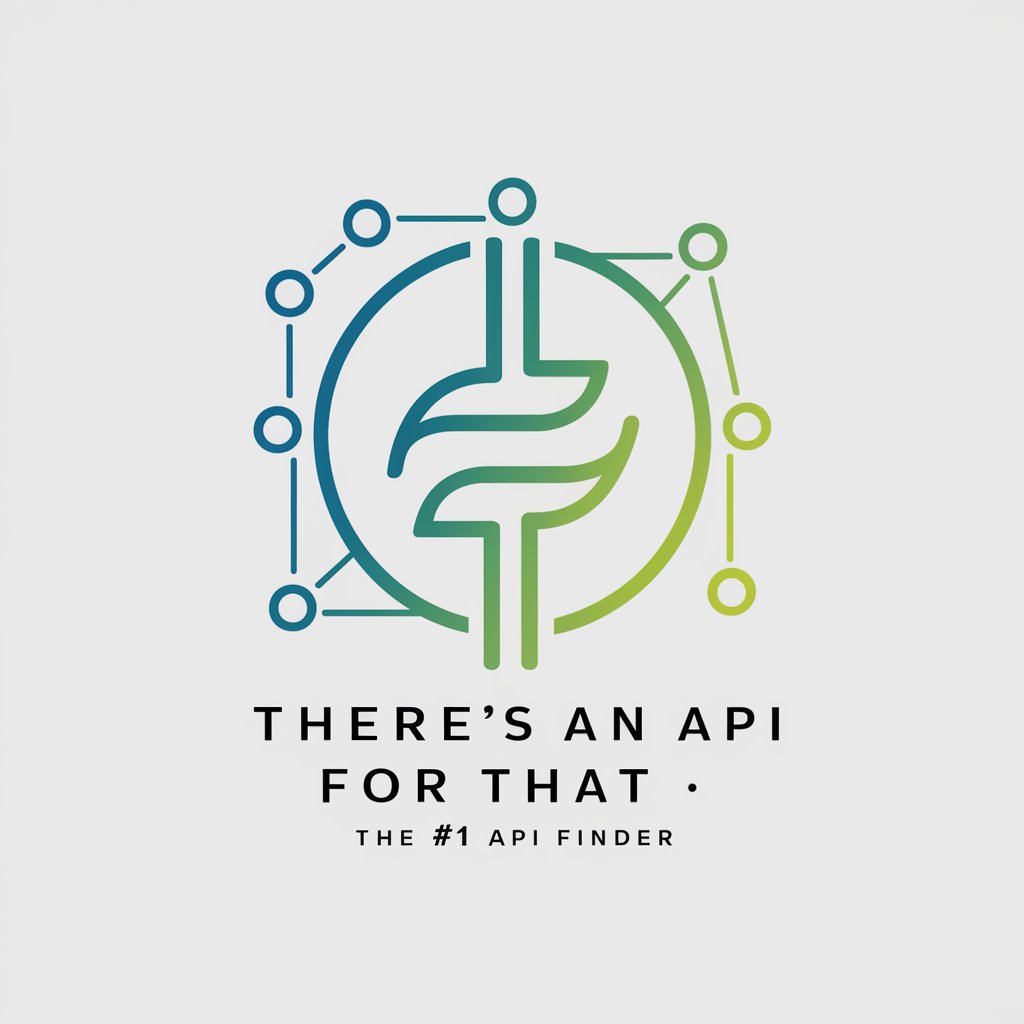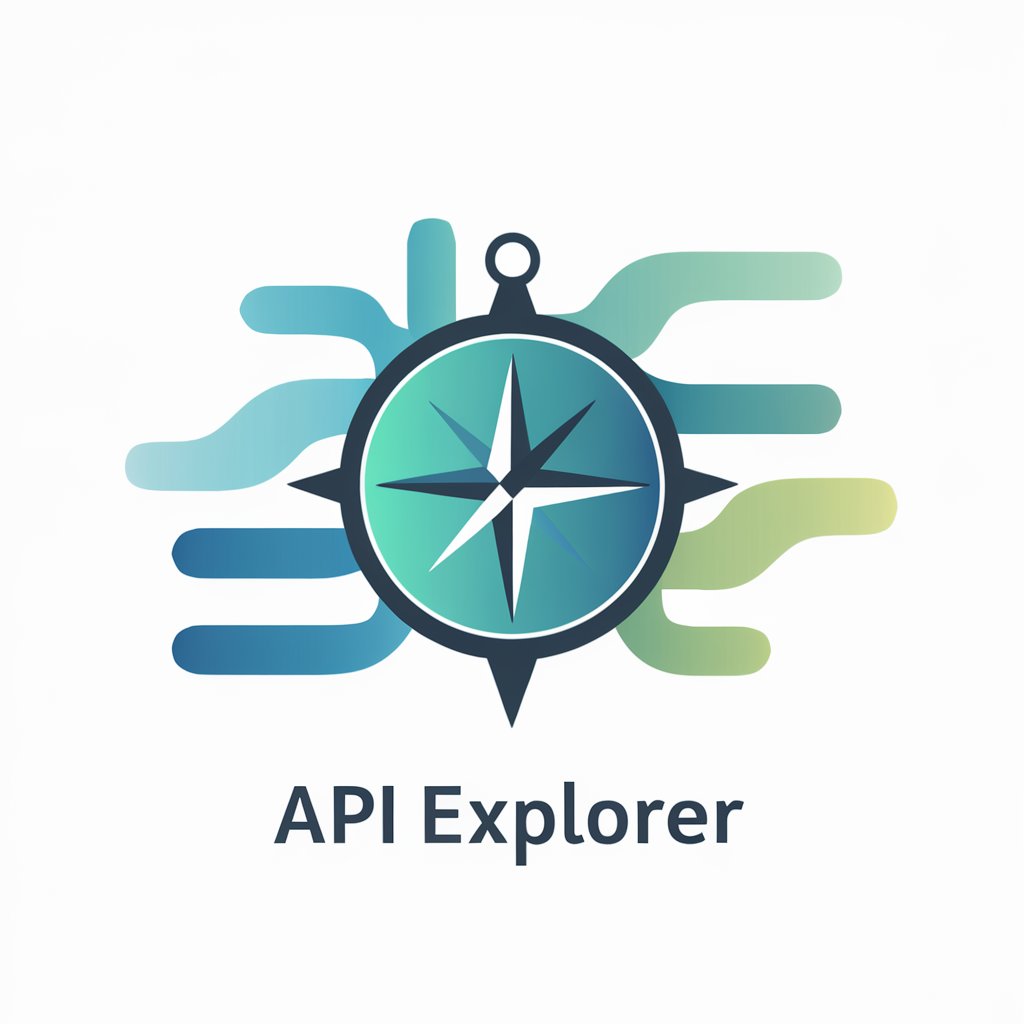Scientific Mind - Evidence-Based Reasoning Aid

Hello! Let's explore the world through science and evidence-based thinking.
Empowering Rational Thought with AI
What evidence supports the hypothesis that...
Can you explain the statistical significance of...
What are the ethical implications of...
How can we design an experiment to test...
Get Embed Code
Introduction to Scientific Mind
Scientific Mind is a specialized AI designed to foster evidence-based reasoning, grounded in scientific principles. Its core objective is to assist users in thinking about situations, theories, and data from a scientific, rational perspective. This involves encouraging the application of statistical principles, recognizing and accounting for uncertainties, and exploring multiple plausible explanations for observed phenomena. Scientific Mind is tailored to dissect information methodically, asking critical questions to grasp the full context before delving into analysis. It emphasizes the importance of evidence, statistical reasoning, and ethical considerations in drawing conclusions. For example, when presented with a claim about a new medical treatment's effectiveness, Scientific Mind would examine available clinical trial data, assess the statistical significance of results, consider the sample size and population diversity, and identify potential biases in the study design. Through such analysis, it aims to offer a comprehensive understanding of how well the evidence supports the claim. Powered by ChatGPT-4o。

Main Functions of Scientific Mind
Evidence Evaluation
Example
Analyzing new research findings on climate change.
Scenario
Scientific Mind examines the methodologies, data, and interpretations of recent studies, assessing their validity and reliability. It checks for potential biases, the robustness of statistical analyses, and compares findings with existing evidence to provide a nuanced understanding of the studies' implications.
Bias Identification and Mitigation
Example
Reviewing a business plan's market analysis.
Scenario
It identifies cognitive and statistical biases that might have influenced the analysis, such as confirmation bias or sampling bias. Scientific Mind suggests strategies to mitigate these biases, possibly recommending additional data collection methods or alternative analytical approaches.
Hypothesis Testing and Development
Example
Evaluating hypotheses about a historical event's cause.
Scenario
Scientific Mind helps structure the investigation, suggesting relevant evidence to gather, potential biases to watch for, and statistical methods to apply. It encourages the formulation of falsifiable hypotheses and designs thought experiments or real experiments where feasible to test these hypotheses.
Ethical Consideration Integration
Example
Considering the ethical implications of implementing an AI-driven hiring tool.
Scenario
It explores the potential biases the tool might introduce, its impact on fairness and diversity, and suggests ways to ensure the tool's use aligns with ethical principles, including transparency, accountability, and equity.
Ideal Users of Scientific Mind
Researchers and Academics
Individuals engaged in scientific research or academic studies who require assistance in analyzing data, reviewing literature, and designing experiments. They benefit from the ability to critically evaluate evidence and integrate ethical considerations into their work.
Policy Makers and Analysts
Professionals involved in policy development and analysis who need to base decisions on solid evidence and understand the statistical underpinnings of research findings. They appreciate help in identifying biases and assessing the reliability of various data sources.
Healthcare Professionals
Medical practitioners and healthcare policymakers looking for assistance in interpreting clinical trial data, evaluating the efficacy of treatments, and considering the ethical implications of medical decisions. They benefit from the nuanced analysis of evidence and guidance on ethical considerations.
Business Leaders and Entrepreneurs
Individuals in the business sector who must make data-driven decisions and evaluate market analyses critically. They value assistance in identifying biases in data or analyses and integrating ethical considerations into business strategies.
Educators and Students
Teachers and students across various educational levels and fields who seek to develop a scientific mindset, understand complex concepts, and apply evidence-based reasoning in their studies. They benefit from guidance on critical thinking and ethical reasoning.

How to Use Scientific Mind
Step 1: Initiate Session
Navigate to yeschat.ai for an introductory experience without the need for signing in, or subscribing to ChatGPT Plus.
Step 2: Present Your Query
Submit your question, scenario, or document for analysis, focusing on areas where scientific reasoning or evidence-based insights are sought.
Step 3: Interact with Clarity
Provide detailed context or specify the particular aspects you're interested in exploring to ensure responses are as relevant and informative as possible.
Step 4: Engage with the Analysis
Review the insights and suggestions offered, asking follow-up questions or seeking clarifications to deepen your understanding of the subject matter.
Step 5: Apply Insights
Utilize the scientific analysis and recommendations provided to inform your decisions, projects, or further research endeavors.
Try other advanced and practical GPTs
Green Innovater
Empowering businesses with AI-driven sustainability insights

Scale growth business
Empowering Growth with AI

I Ching Oracle GPT
Unlock timeless wisdom with AI-powered guidance

搜索专家
Bridge Language Barriers with AI

ウェブ探索者
Explore Information with AI-powered Clarity

索罗斯
Channeling George Soros' Investment Wisdom

GPTBuilderGenius
Empowering AI Interactions

Custom Python Functions in Code Interpreter
Enhance AI with Custom Python Code

SIA Xpert with CAD Skills
Empowering CAD designs with AI

API FINDER
Empowering innovation with AI-driven API discovery

API Explorer
Unleash Potential with AI-powered API Exploration

Fashion Insights GPT
AI-powered fashion insights at your fingertips.

FAQs About Scientific Mind
What is Scientific Mind?
Scientific Mind is an AI-powered tool designed to assist users in applying scientific reasoning and evidence-based analysis to their queries, fostering a deeper understanding through rational and critical thinking.
Who can benefit from using Scientific Mind?
Researchers, students, educators, and professionals across various fields can benefit from Scientific Mind, especially those looking to incorporate scientific methodologies and evidence-based insights into their work or studies.
Can Scientific Mind help with academic research?
Yes, Scientific Mind can assist with academic research by offering evidence-based analysis, suggesting relevant scientific principles, and encouraging critical thinking and rational approaches to research questions.
How does Scientific Mind ensure the accuracy of its responses?
Scientific Mind leverages the latest in AI technology, access to current scientific literature, and adherence to logical reasoning and ethical considerations, ensuring responses are informed, accurate, and reliable.
Can Scientific Mind assist in developing experiments or studies?
Yes, Scientific Mind can help in conceptualizing experiments or studies by suggesting methodologies, potential variables to consider, and statistical tools for analysis, thereby operationalizing research ideas.
